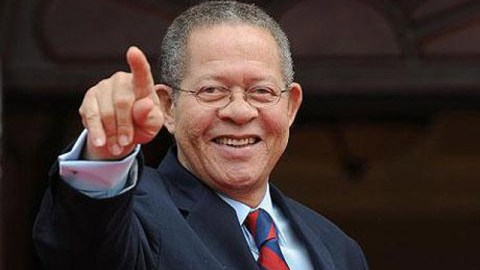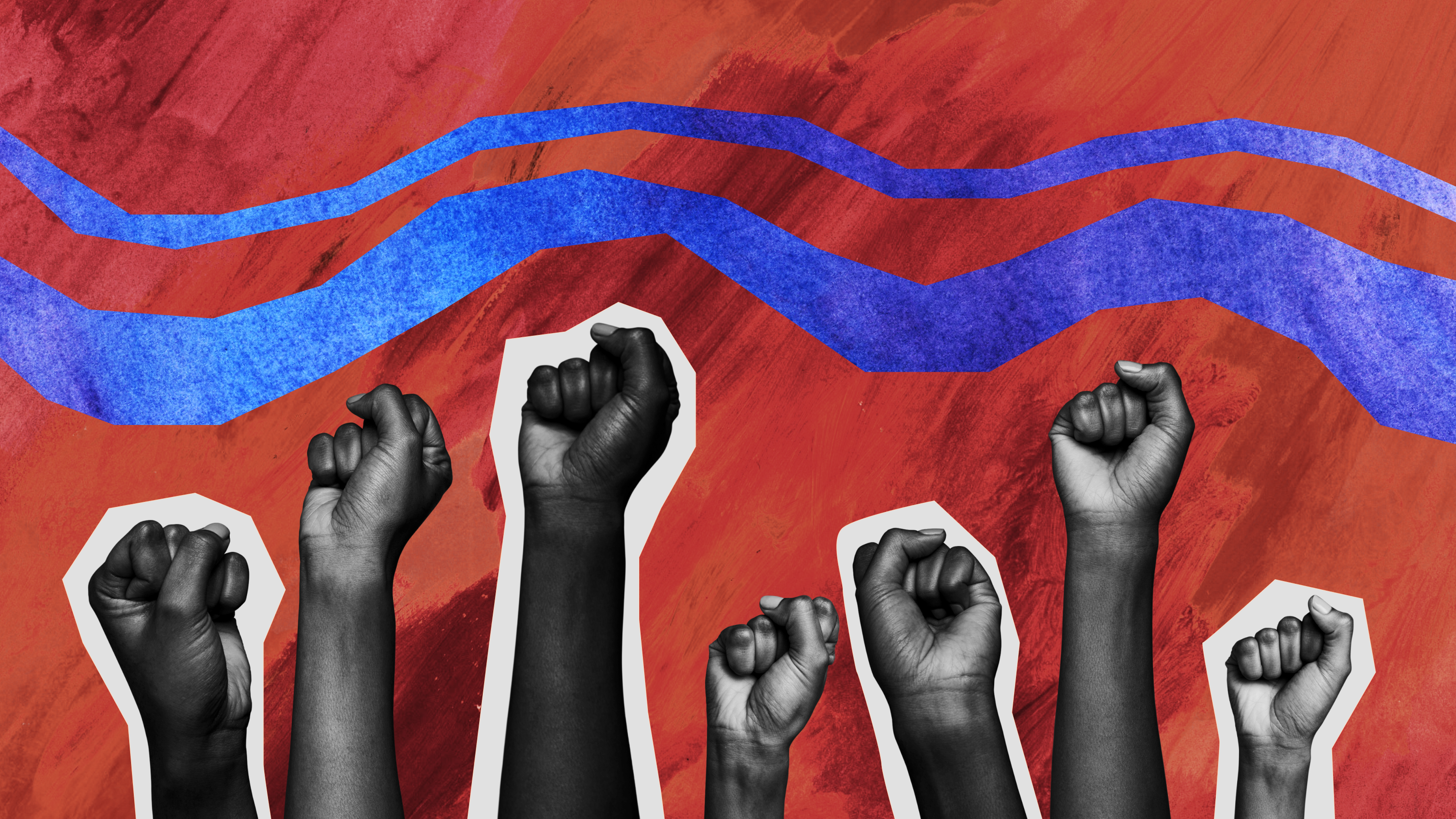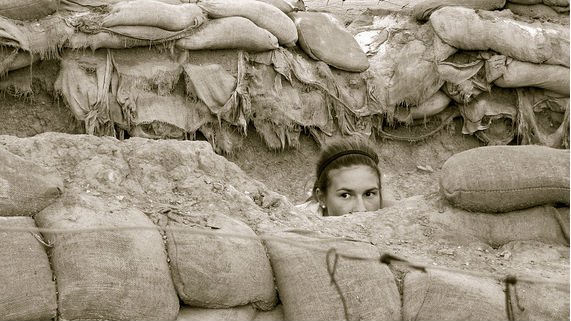Jamaica’s Prime Minister Bruce Golding: Caribbean Drug Crime Should Not Be Seen in Isolation

When a major earthquake struck Haiti in January, it caused unbelievable damage and many created a humanitarian nightmare. But it also served as a wake-up call for other Caribbean nations which are similarly exposed to natural disasters. Jamaican Prime Minister Bruce Golding, who visited Haiti only two days after the earthquake hit, says that the disaster demonstrated two things: the need for us to adopt appropriate mitigation measures and the need to put in place disaster-management measures.
In his Big Think interview, Golding addresses the issue of his country’s recently strained relations with the U.S. in the wake of the Christopher “Dudus” Coke extradition flap. Golding says that he’s hopeful that Jamaica’s issues with the U.S. Department of Justice can be settled shortly. He says he thinks when the U.S. finally dispatches a new ambassador to Jamaica it will “improve the conversation” and perhaps restore “the kind of partnership with the United States that we have been accustomed to in the past.”
Part of improving this relationship might be addressing drug-related crime, generally, in Jamaica, which Golding says should not be seen in isolation, separate from issues of trafficking, distribution and demand in other countries. “There is the supply side; that has to be pressured,” he says. “There is the transit phase—its movement from its location, its source, to its ultimate market; that has to be prosecuted vigilantly. And there is the demand side; those who are ordering the drugs, those who are receiving it. And I believe we need to put equal emphasis and equal vigilance, equal aggressiveness on all of those phases of the drug trade.”
Nonetheless, Golding did tout his success in fighting crime. Following a major push since May, the country’s murder rate—long among the highest in the world—has dropped by 42%. He says that part of this improvement can be attributed to policing techniques that his country learned from American cities that have reduced crime in recent decades.
Golding also talks about how his country has recovered from the recession, and how Jamaica is planning to deal with the large debt load that it is carrying going forward. He says that the country has taken economic austerity measures and has done some exchanges to reduce the cost of the debt—but he’s disappointed that the private sector hasn’t stepped in to take over some of the holes that have opened up. “As we rein in government, as we pull government out of the economic space, that space ought to be taken up by the private sector,” he says. “But the private sector has still not fully recovered from the effects of the recession. Investors are still risk-averse. They are still reluctant to plunge in. Not until they are certain that the recession is at an end.”
Finally, Golding addresses the question of why homosexual acts are still technically illegal in Jamaica, saying that the homophobia that has been attributed to his country by the foreign media has been “grossly exaggerated.” “What is illegal in Jamaica is buggery, which is in fact making homosexual acts illegal,” says Golding. “There have been very, very few prosecutions; very, very few. And in most instances, there are prosecutions because there is a complaint by a victim. So that it’s not the flashpoint issue that many people in the international media claim that it is.”





